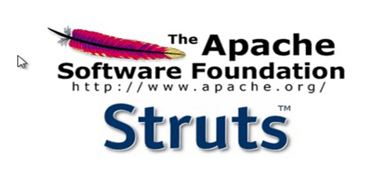Welcome to iTask Technologies


The Apache Struts web framework is a free open-source solution for creating Java web applications. It provides various components that can be used to develop MVC based web applications that are easy to develop and maintain.
This advanced course shows JSP and servlet programmers how to build web applications using the Apache Struts framework. Learner learn the Struts architecture and see how it captures a great deal of pre-existing best practice: in model-view-controller action mappings, form beans, custom tags for working with HTML forms, input validation, and the Tiles view-building framework. This Struts 1.3 and 2.0 version of the course illustrates the use of Struts 1.3 in detail and 2.0.
STRUTS 1.X & 2.X TRAINING COURSE OBJECTIVE
Harish Kumar
I am glad that I gained a lot from the course offered by iTask. I learned RAP from excellent faculty who tuned my skills and made me a professional RPA developer.
Rama Swamy
Very insightful and straight to the point training by knowledgeable Faculty. Highly recomnd iTask.
Jayashree
The staff, trainers, and management of iTask is great. These people really help freshers like me to get a good job. They have changed thousands of lives and I am happy to say that mine was also changed by them. So thank you.